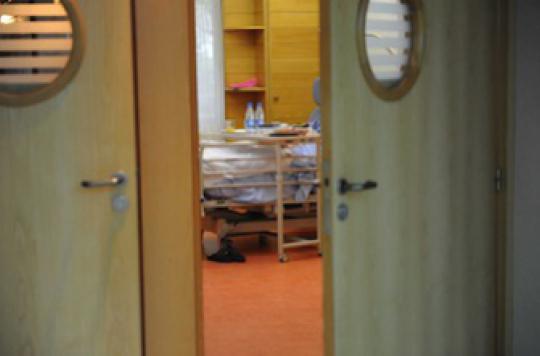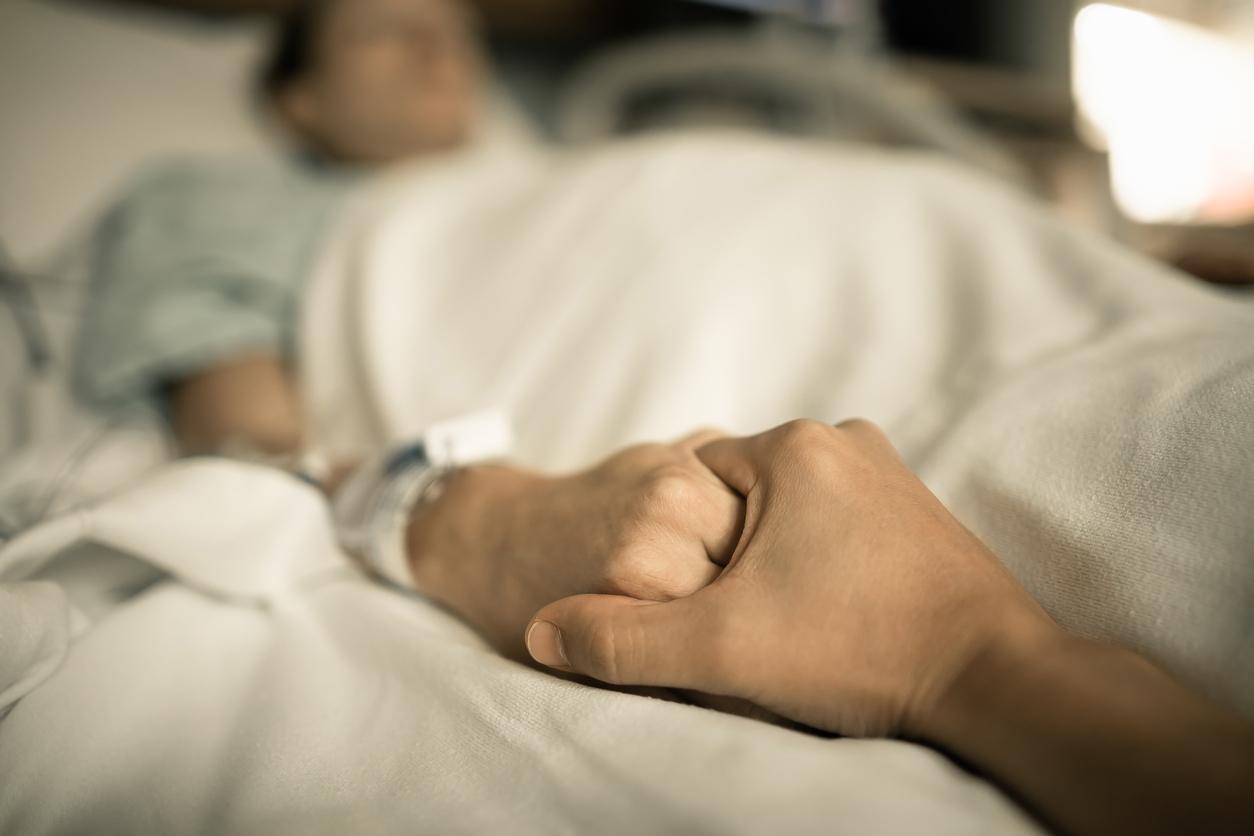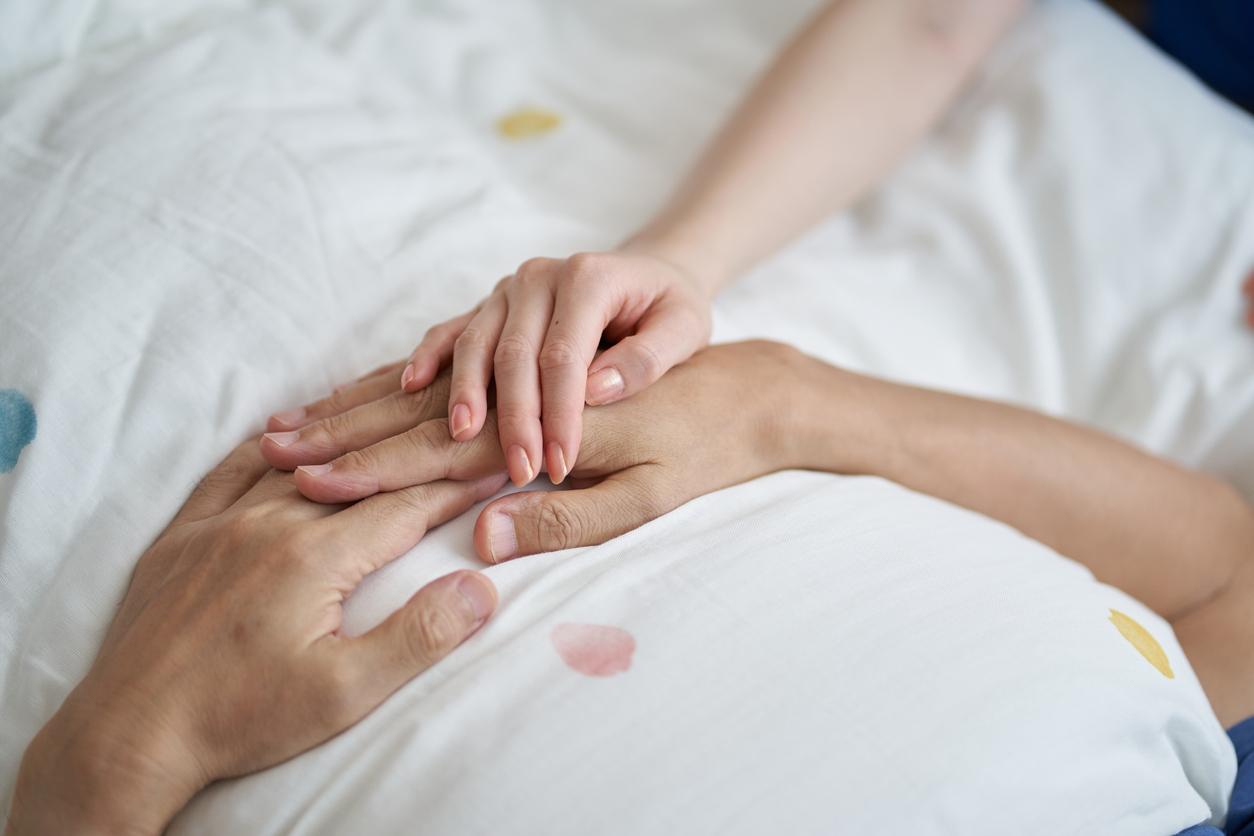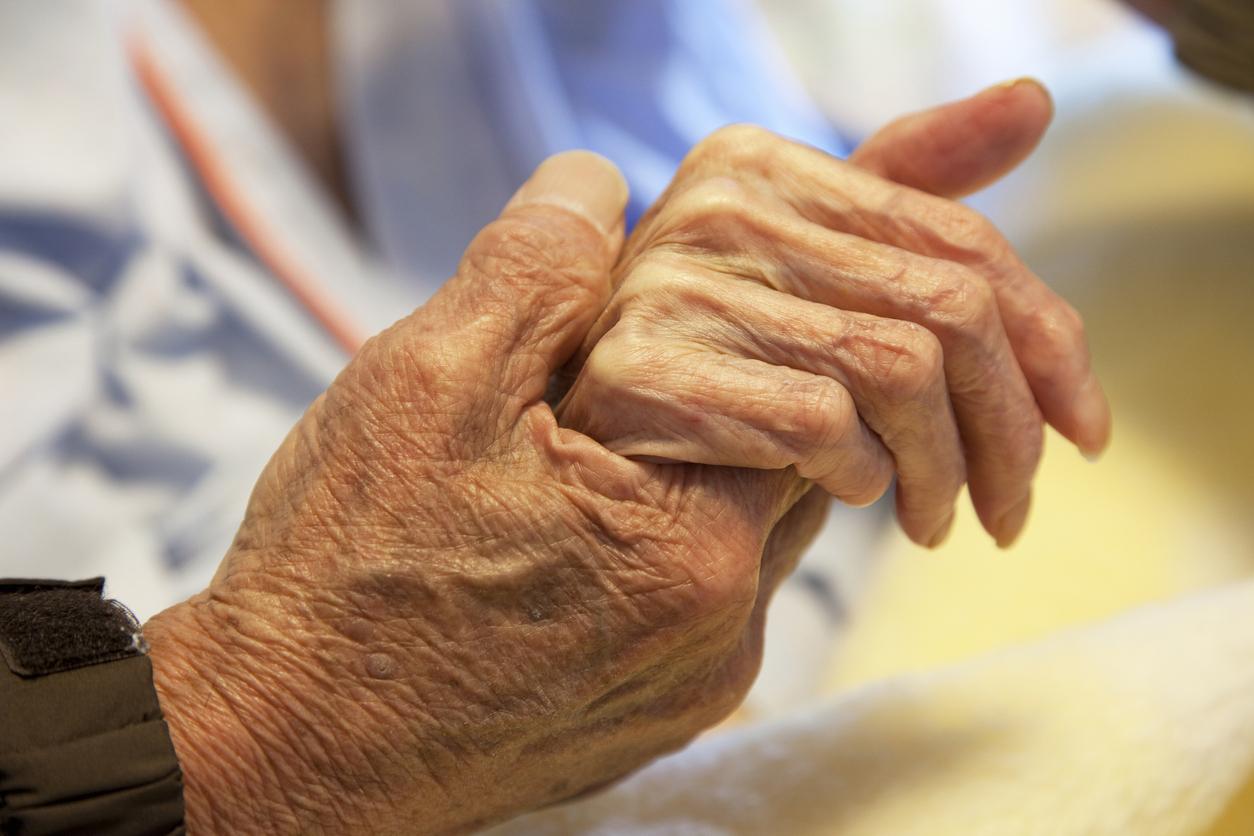Doctors will try to wake a patient in a coma. It is the decision taken by an administrative tribunal. The wife fears unreasonable obstinacy.

While Vincent Lambert was transferred a few hours ago from the University Hospital of Reims to Pitié-Salpêtrière (Paris) to undergo a whole battery of neurological tests, a new case has stirred up the debate on the end of life. The Strasbourg administrative court on Tuesday authorized doctors from the Alsatian capital CHU to try to wake up a patient in a coma. This despite the opposition of his wife who fears “unreasonable obstinacy. “
Doctors are also considering stopping treatment
In this singular story, but similar to so many others, the patient in question has been in a coma since July 2013 following a serious accident. For the administrative judges, the “early care” on the patient, envisaged by the neurosurgery service of the Strasbourg University Hospital, “cannot be qualified as inhuman or degrading. However, by taking this decision, justice gives the wrong to the wife of this man who had seized him urgently to put an end to this care.
In addition, the judges specified that attempting wakefulness care did not call into question the possible implementation of the Leonetti law of 2005 on stopping treatments aimed at artificial maintenance of life. The medical team has also recognized that “if the situation were to develop unfavorably, all options would remain open, even a cessation of care. “
A divided family
In the meantime, the patient was transferred on April 2 from Colmar hospital to Strasbourg hospital because medical teams consider that he may be tempted to wake him up. They claim that a significant improvement in his condition can be considered, “since he responds to certain stimuli from his environment and he can feel emotions. ”
And as in the Vincent Lambert affair, the family is still divided here. Some relatives of the patient think that the seriousness of the brain lesions could cause a handicap that is probably unacceptable for the patient.
The cruel absence of advance directives
In addition, the husband’s wife argued from the start that her husband had told her of his will “not to one day find himself in a bedridden state.” “She fears today” an unreasonable obstinacy and a risk of artificial maintenance in irreversible life “which would bring her husband” to a state of minimal consciousness without dignity “, explains the court.
Once again, advance directives are sorely lacking in this case. Like most French people, the patient in question did not write advance directives, stipulating what he wanted or did not want to undergo in the event that he would one day no longer be in a state of health. Express. A frequent attitude since 98% of French people do not leave a written document of this type with their relatives or their doctor. However, it is possible to write these directives as soon as they come of age.
Finally, following this court decision, the wife asked the Alsatian court to order a medical expertise to remove the uncertainties. According to a spokesperson for the court, this expertise should be ordered soon, because the medical teams, in Colmar as in Strasbourg, do not oppose it.
.

















